Conservation Career Toolkit
So, you like the environment. Want to make a career out of it? Here you will discover a range of careers making strides in conservation and resources to help you find your own unique path to success.
Careers at SCDNR

The South Carolina Department of Natural Resources’s mission is to serve as the advocate for and steward of the state’s natural resources. View our current openings and complete a state application at careers.sc.gov. To find careers at SCDNR only, click on Search Openings, then filter by Agency.
Just Starting Your Career? Check out SCDNR College Internships. Additionally, SCDNR host scholars as part of the NOAA Ernest F. Hollings Undergraduate Scholarship Program and the NERR Margaret A. Davidson Graduate Fellowship Program.
SCDNR does not host individual job shadow days but we do offer group job shadow experiences and volunteer opportunities. Sign up for our Marine Education Career Email List to be notified of these events, you will also receive our monthly coastal events and volunteer opportunities newsletter.
More Career Resources to Explore
Career Examples in Conservation
Biologist
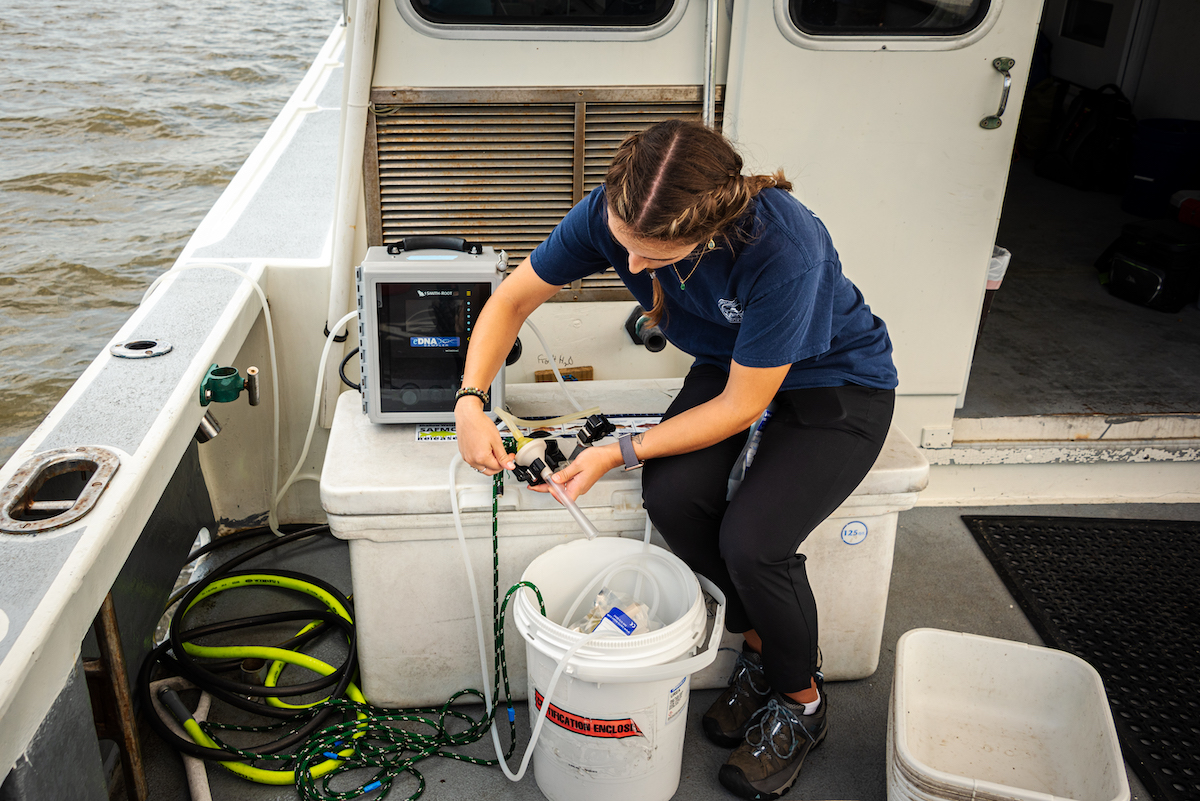
Working as a biologist in a conservation field requires a balance of time spent in the field and the lab. Field days often require manual labor to collect data in challenging conditions. Lab work requires meticulous procedural work and data-analysis to expand our existing knowlege of marine species and ecosystem health. Biologist jobs often require advanced degrees.
Land Manager
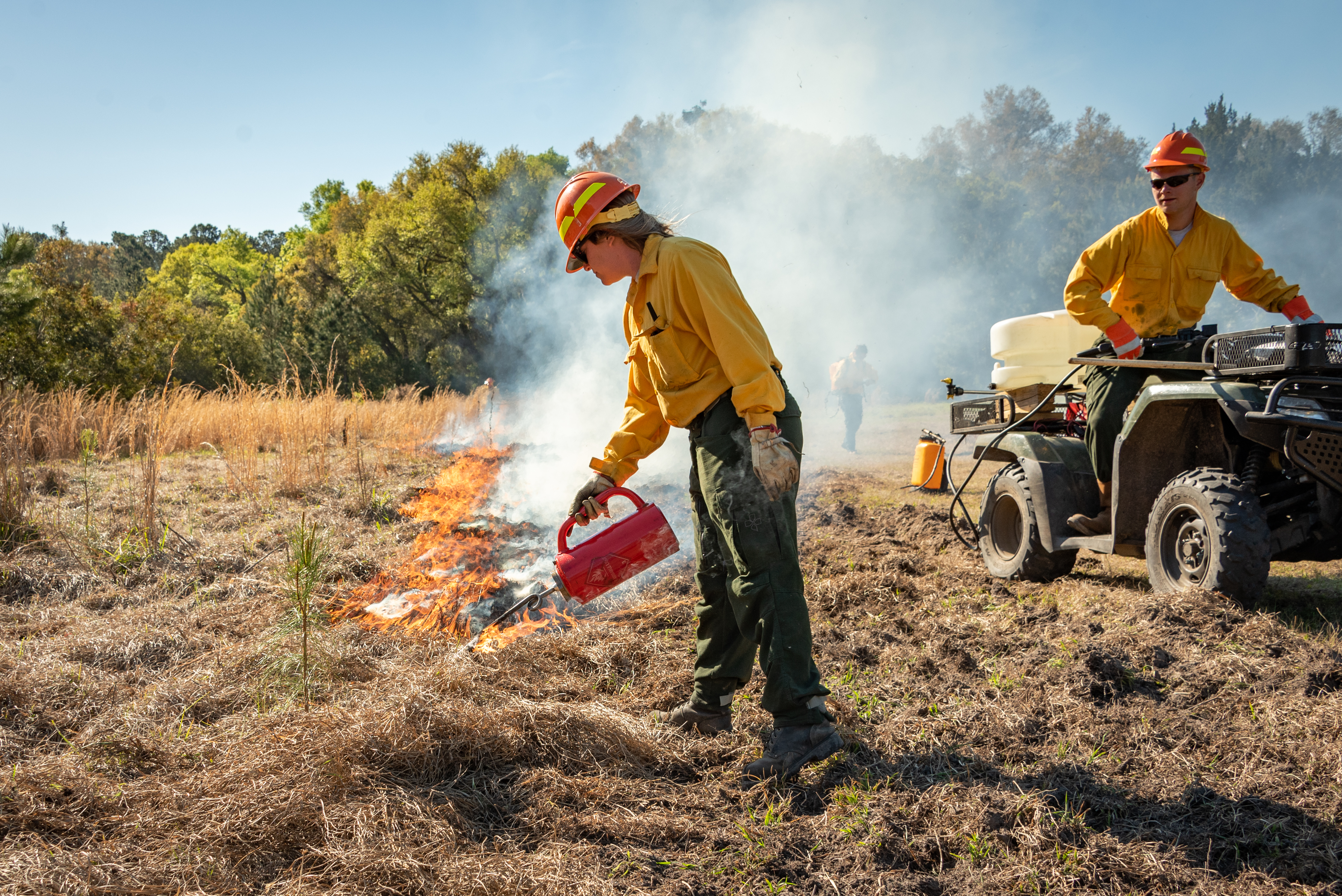
Land managers are responsible for preserving and maintaining conserved lands. They use a range of methods including prescribed burning, invasive species removal, trail management and more to restore habitats and foster healthy wildlife. They may be responsible for advocating for land preservation, writing grant applications and managing a team.
Environmental Educator
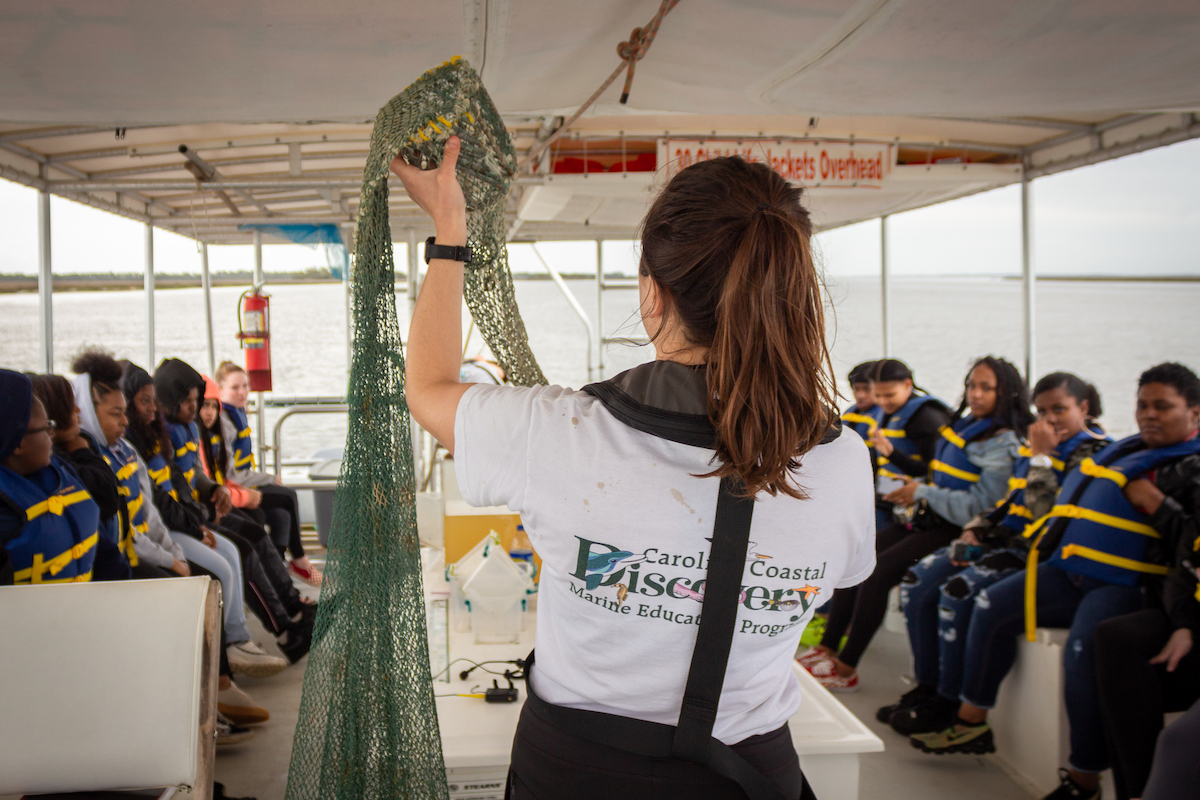
Environmental educators run programs to engage a range of audiences in conservation topics. They often work with K-12 students face-to-face to inspire a passion for the environment. Environmental education jobs can include creating lesson plans, developing new outreach programs and managing partnerships.
Science Communicator

The job of a science communicator is to translate scientific topics for a range of audiences, often communicating best-practices for conserving imperiled species and ecosystems. Science communicators engage audiences through a range of mediums including press releases, videos, websites, print publications, social media and more.
Information Technology Specialist

People with jobs in information technology (IT) use hardware and software to create and maintain a foundation of information storage and digital support for an organization. Everyone working in the conservation field relies on IT professionals. To excel in IT, you will need to keep up to date with continually advancing technologies. Advanced degrees or certifications can help you succeed in this field.
Vessel Captain and Crew
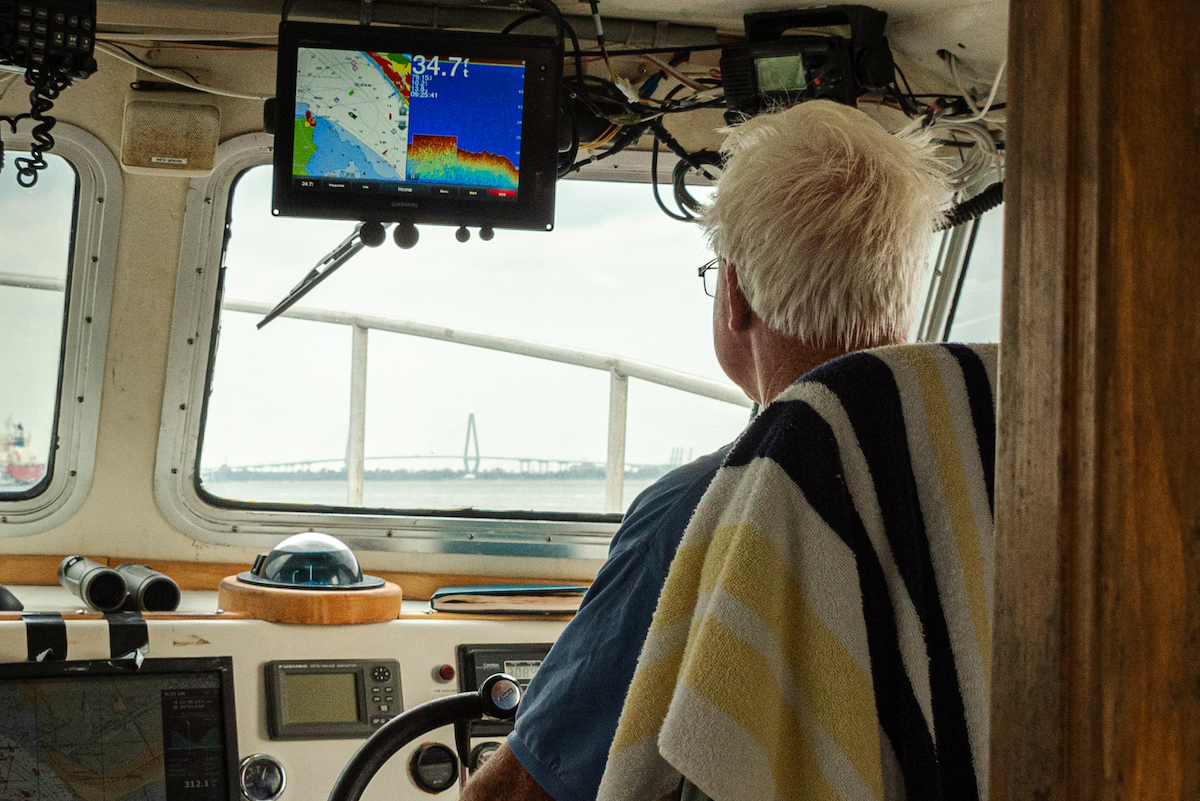
Vessel Captains and crew maintain and operate research and education vessels, sometimes remaining at sea for extended periods. In these roles, it is important to coordinate with scientists and educators to help them perform their work in a safe and efficient manner. At SCDNR, these jobs include Captain, mechanic, deckhand and cook on vessels ranging from 45’ to 115’.
Scholarships, Colleges and Majors
 Conservation Scholarships
Conservation Scholarships
- Coastal Community Foundation Scholarships
- Harry Hampton Fund Scholarship
- Minorities in Natural Resources Conservation (MINRC) Student Sponsorship
- NOAA Ernest F. Hollings Undergraduate Scholarship
- NOAA José E. Serrano Educational Partnership Program with Minority Serving Institutions (EPP/MSI)
- NOAA Student Opportunity Database
- SEAFWA C.A.R.E Scholarship for College Students and Recent Graduates
- STEM (Out of STEM) Scholarship
 SC Colleges with Conservation Programs
SC Colleges with Conservation Programs
- College of Charleston
- Clemson University
- University of South Carolina
- Coastal Carolina University
- South Carolina State University
 Conservation Majors
Conservation Majors
- Marine Science
- Biology
- Geology
- Environmental Policy
- Environmental Studies
- Wildlife Conservation
- Fisheries Science
- Environmental Education
- Science Communication
- Biosystems Engineering
Find more resources for prospective college students at pathwaystoscience.org.
Minority Group Resources
Project Learning Tree
Discover the stories of Black environmental heroes working in the forest and conservation sector.
Black in Marine Science
Join a network of Black marine scientists and benifit from a range of resources for early-career scientists.
Minorities in Shark Science
Join a world-wide network and discover professional development opportunities and fellowships.
National Association of Black Geoscientists
Learn about scholarships, conferences, and mentorship opportunities for young, Black professionals pursuing a career in geosciences.
Minorities in Aquaculture
Find job opportunities, training, paid-internships, and mini-grants for minorities interested in a pursuing a career in aquaculture.
Pride in Stem
Hear from a range of LGBTQ+ scientists and engineers at events and conferences or by listening to the Pride in Stem podcast.
Conservation Organizations
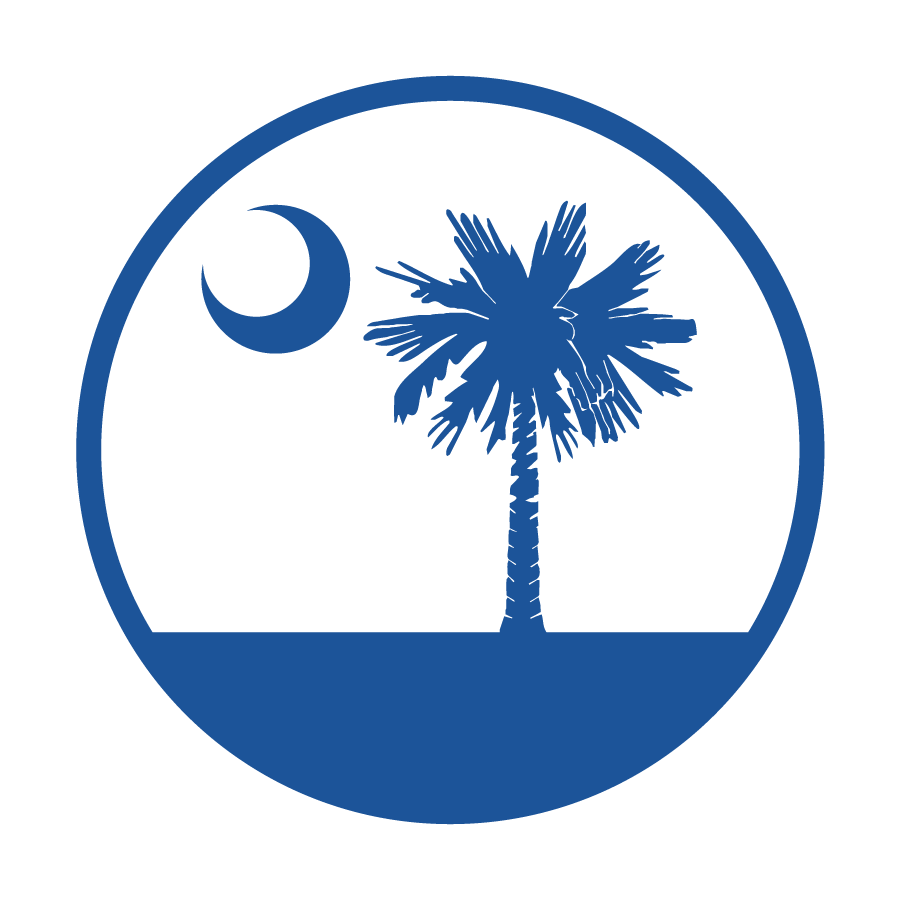 South Carolina State Agencies
South Carolina State Agencies
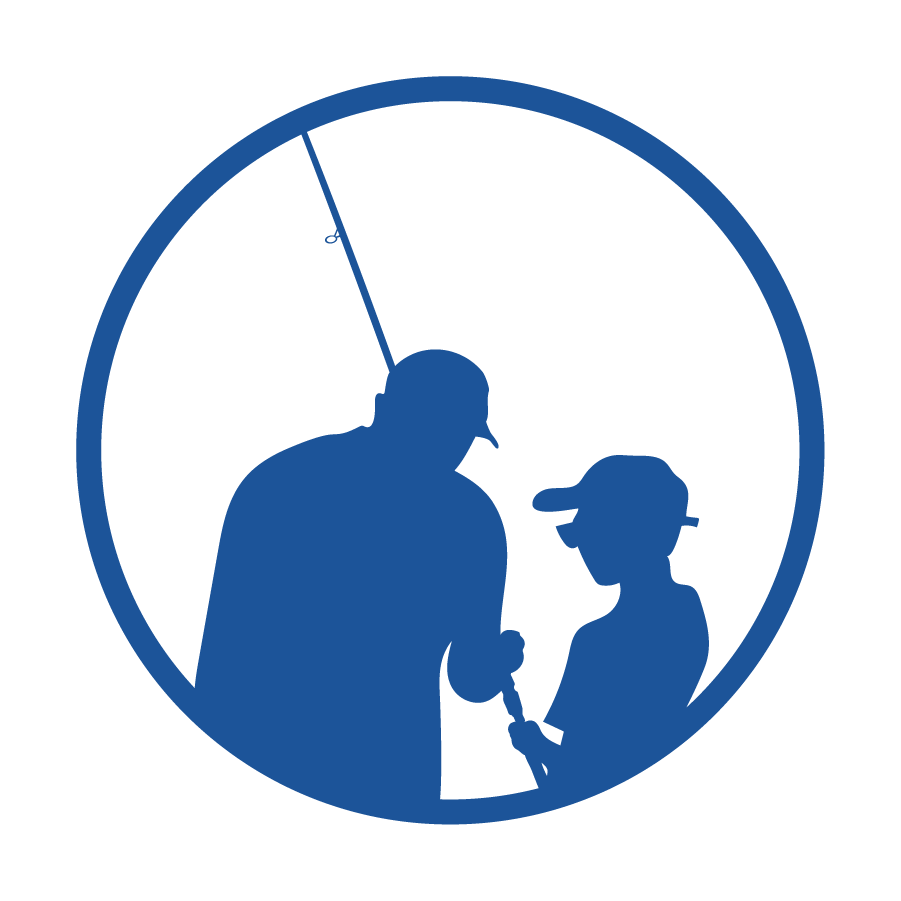 Recreational Industry
Recreational Industry
- Bait and Tackle Shops
- Fishing Charters
- Ecotour Companies
- Recreational Outfitters
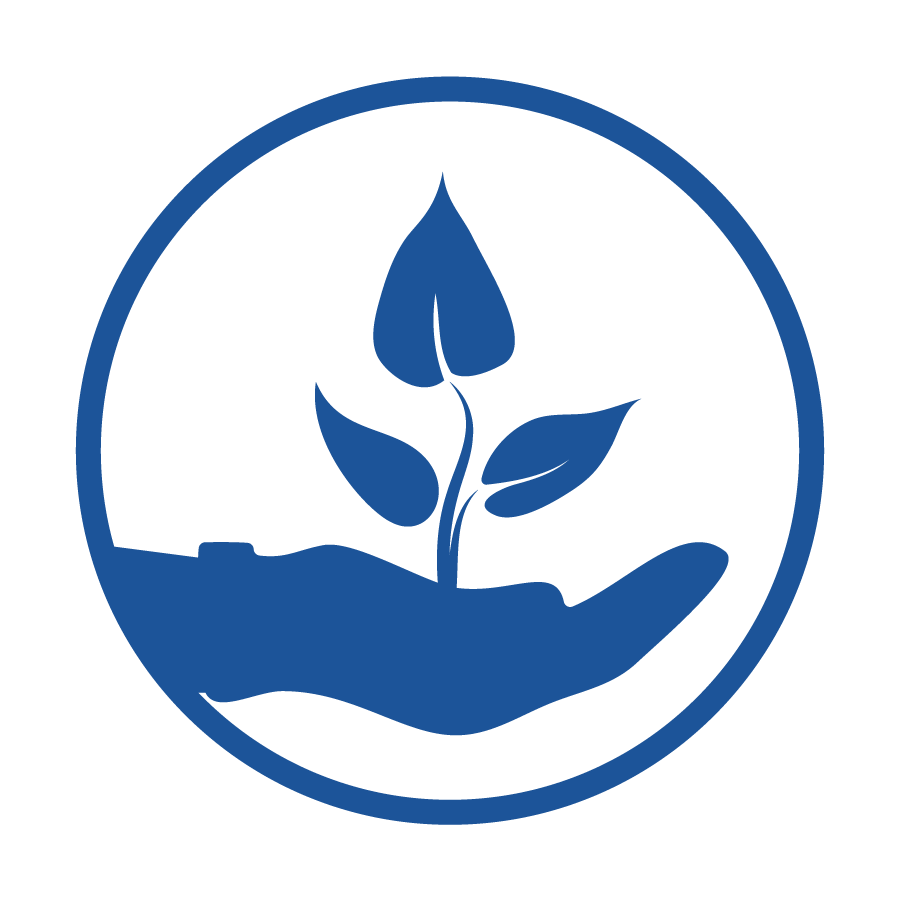 Non-profits
Non-profits
 Private Industry
Private Industry
- Environmental/Consulting Firms
- Mariculture Companies
- Commercial Fishing Industry
- Ripley's Aquarium of Myrtle Beach
